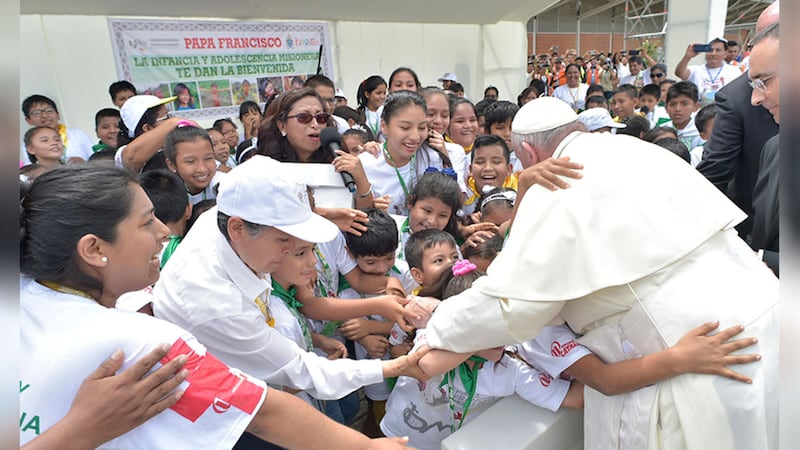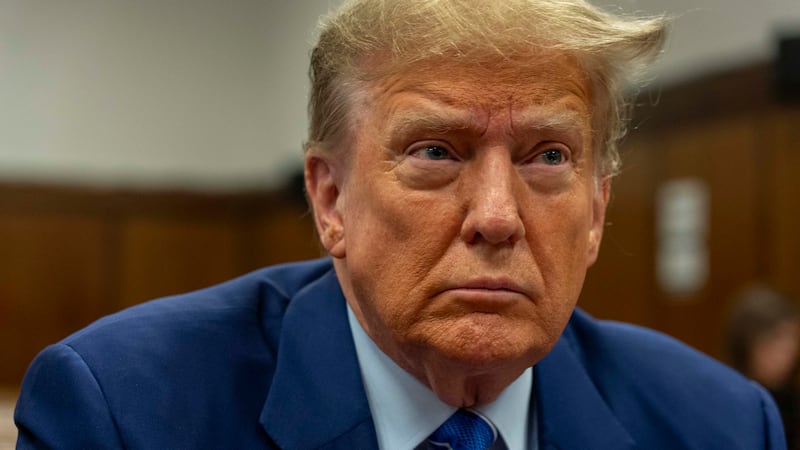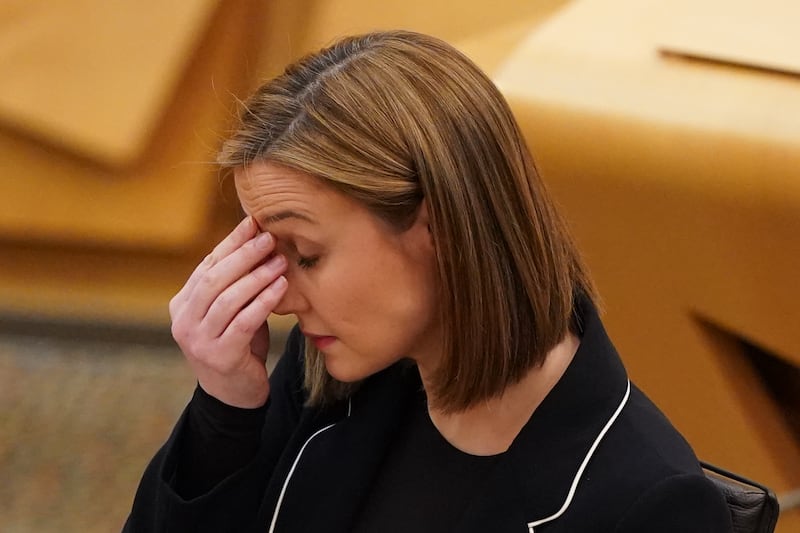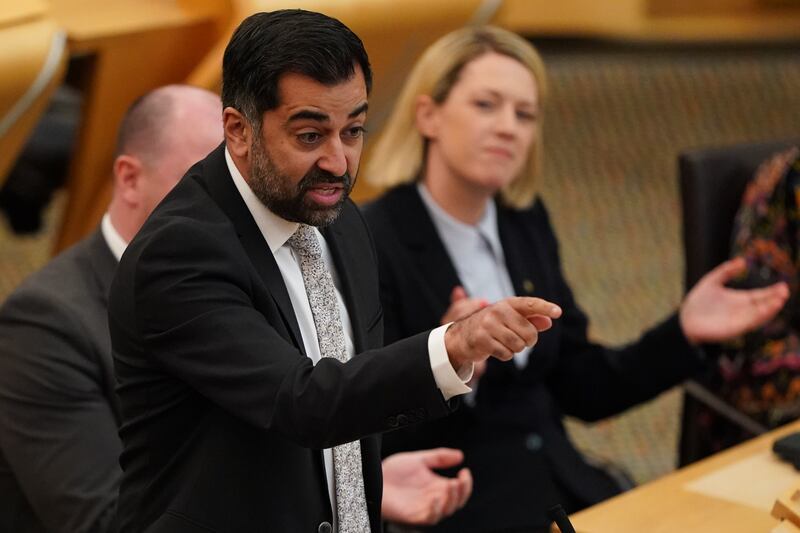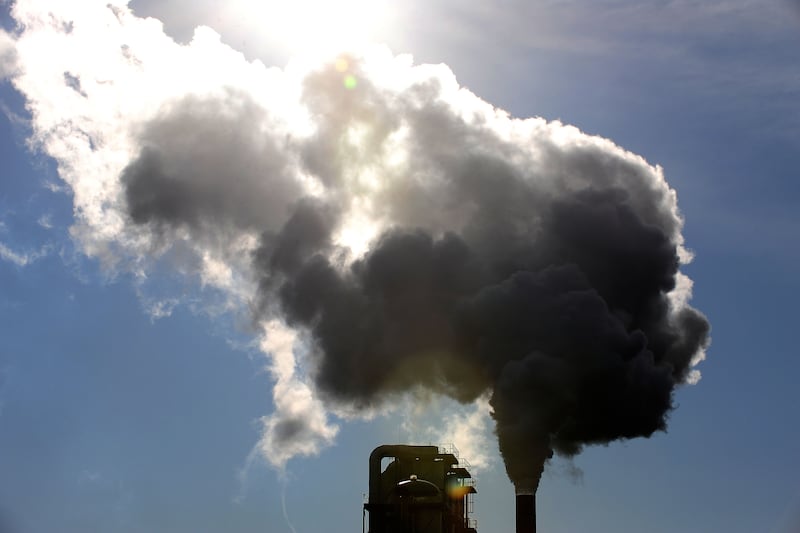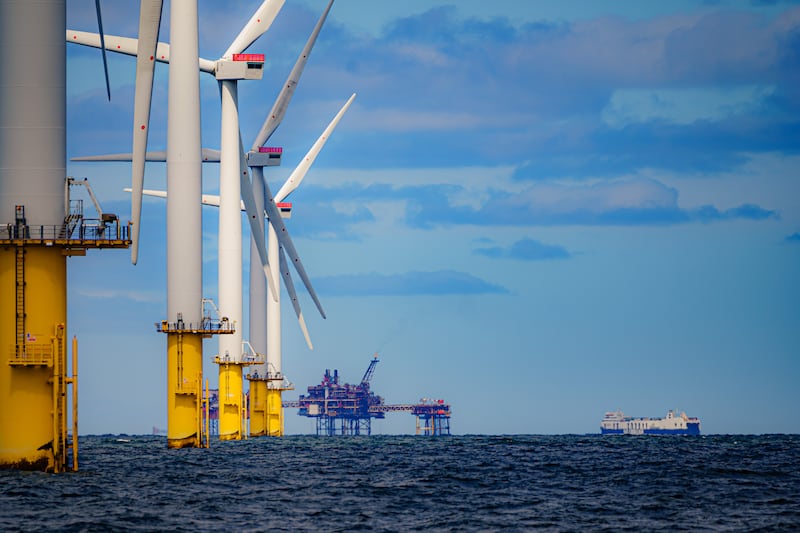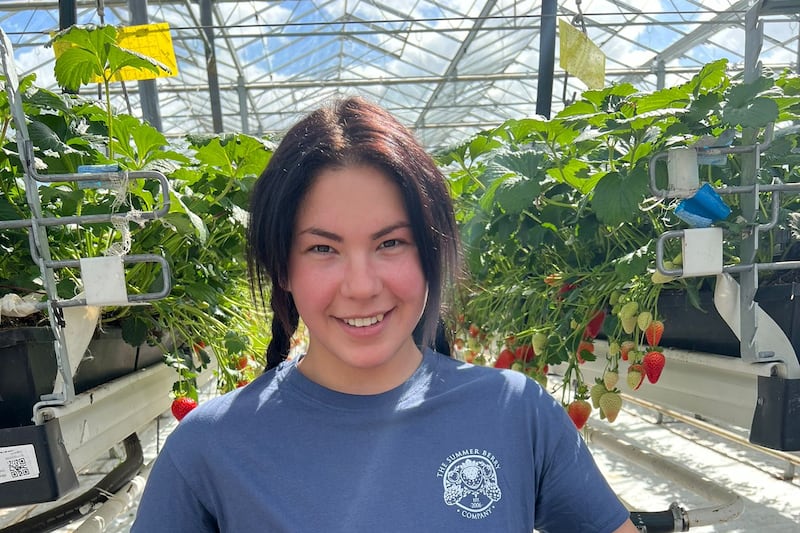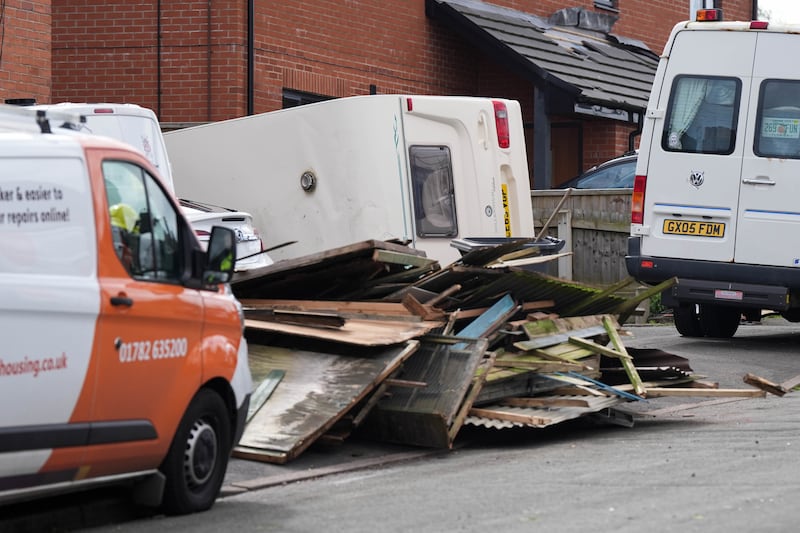The Pope has travelled deep into the Amazonian rainforest to demand an end to the relentless exploitation of its timber, gas and gold resources and the recognition of its indigenous peoples as the primary custodians to determine the future of "our common home".
Standing with thousands of indigenous Peruvians, Francis declared the Amazon the "heart of the church" and called for a three-fold defence of its life, land and cultures.
The pontiff warned that indigenous peoples are now more threatened than ever before. Francis added that it is essential for governments and other institutions to consider tribes as the legitimate partners when negotiating development and conservation projects. He said their rights, cultures, languages and traditions must be respected and recovered.
Francis told the crowd: "You are a living memory of the mission that God has entrusted to us all: the protection of our common home."
Earlier, amid high temperatures, Francis arrived in the city of Puerto Maldonado, where he was greeted by thousands of people.
The scene stood in stark contrast to the pope's visit to Chile earlier in the week, where his arrival provoked protests and drew smaller crowds to greet him.
"His desire to be with us signals a historic reconciliation with the Amazon's indigenous communities," said Edwin Vasquez, an indigenous leader who travelled to Puerto Maldonado to hear Francis speak. "We consider it a good step forward."
The pope's trip to the Amazon comes as the expansion of illegal gold mining and farming as well as new roads and dams have turned thousands of acres of once lush green forest into barren, contaminated wasteland.
Francis has previously called on world leaders to protect the Amazon, likening it to one of the "lungs of our planet".
He is also using the trip to set the stage for a church meeting next year on the Amazon and the native people who live there.
A meeting with members of Chile's indigenous Mapuche community was one of the highlights of the first-leg of the pope's week-long trip to the region. Francis urged Mapuche leaders to refrain from political violence and called on the Chilean government to better engage its indigenous communities.
The call for peace came as 11 firebombs damaged and in some cases burned churches to the ground in several parts of Chile during the pontiff's visit. Investigators found pamphlets promoting the Mapuche cause at some of the churches.
The Amazon's native peoples hail from about 350 indigenous groups, some of which live in voluntary isolation. In the centuries after Spanish colonisation, most traces of native spiritual beliefs were lost as missionaries converted indigenous Peruvians to Catholicism.
The Catholic Church still maintains a strong presence in the region, though these days few indigenous men and women go to Mass and most identify as evangelical, said Lizardo Cauper, president of the Amazon's largest indigenous organisation.
Many Peruvian native peoples are curious about why Francis wants to meet them, Mr Cauper said, while also hoping he can serve as an influential messenger.
The leaders of three prominent indigenous groups called on Francis to back their call for the state to grant 20 million hectares (50 million acres) in collective land rights to native people. They also want him to urge Peru's government to clean up rivers tainted from illegal gold mining.
